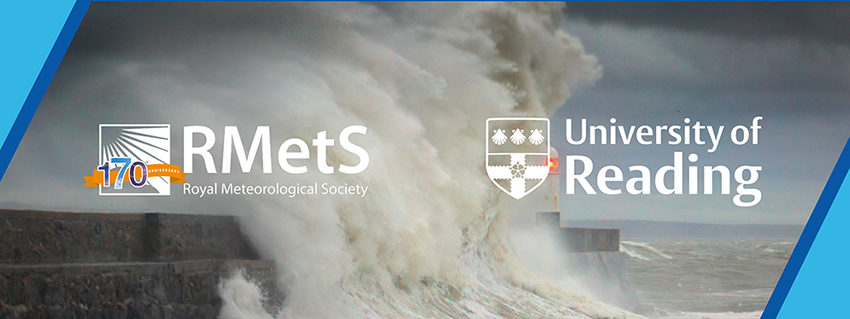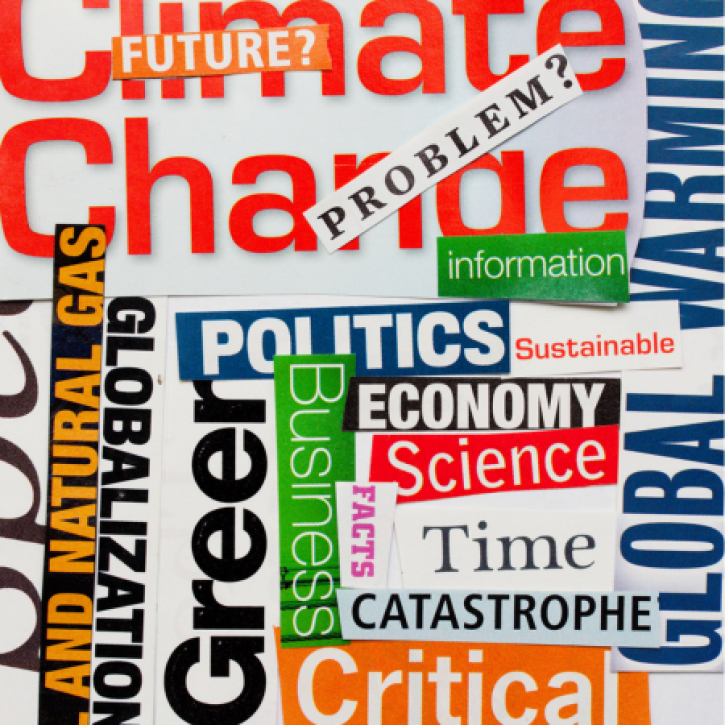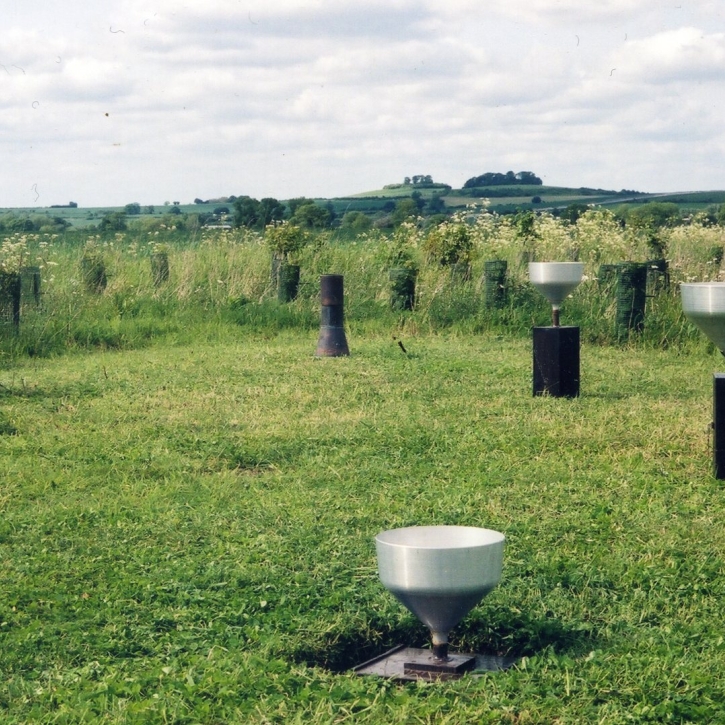

Masterclass Series: Subseasonal Predictions for European Winter
LOCATION
SPEAKER | Rob Lee, University of Reading/NCAS Research Scientist
This session was part of our Masterclass Series: Winter Storms in European Weather and Climate in partnership with the University of Reading.
Winter storms are one of the main forecasting challenges for the UK and Europe, with many like those over the last winter season leading to significant loss of life and property. In this masterclass series, you had the opportunity to learn about current cutting-edge research on winter storms from three University of Reading experts.
The webinars are free of charge and were held from 3pm to 4.30pm with a presentation followed by the opportunity for questions and discussion with the speaker. Whilst the webinars are part of a series you can choose which to attend and attendance at all three is not compulsory.
Weather prediction on the subseasonal timescale typically covers the extended range (10+ days) up to around 30 days, and sometimes beyond. This masterclass will cover the key aspects related to subseasonal predictions of winter weather for the European region, including sources of predictability, models and forecasting, and applications of these forecasts. The interaction of subseasonal weather with, and its impact on, longer timescales will also be discussed.
Sources of subseasonal predictability come from many parts of the Earth system, including: the Madden-Julian Oscillation in the tropics and their teleconnections; weather regimes and low frequency oscillations in the mid-latitudes; the stratosphere; land surface processes; the oceans; and sea ice. An overview will be presented of subseasonal statistical and numerical forecast model designs, configurations and complexity, along with methods of combining, assessing and verifying the models. Aspects relating to subseasonal forecast applications will touch on the energy, health, transportation, agriculture and water sectors, as well as extreme weather.
Dr Robert Lee is a Research Scientist at the National Centre for Atmospheric Science and University of Reading, UK. Robert’s research focuses on dynamical and subseasonal meteorology, including teleconnections, weather regimes, and the Madden-Julian Oscillation. Previously, Robert has been a Visiting Scientist at the University of Oxford and worked at the UK Met Office, Exeter. Robert obtained a Ph.D. in Atmosphere, Oceans and Climate from the University of Reading in 2015, and prior to that, obtained a Masters of Meteorology M.Met. degree from the University of Reading and University of Oklahoma, USA. Robert also has a background in climate research including extratropical cyclones, jet streams and climate model analysis, and long-term climate projections.
The webinars are free of charge and will be held from 3pm to 4.30pm with a presentation followed by the opportunity for questions and discussion with the speaker. Whilst the webinars are part of a series you can choose which to attend and attendance at all three is not compulsory.
Wednesday 16 September: Synoptic storms in the North Atlantic
Helen Dacre: University of Reading Professor Lecturer in Dynamical Meteorology
Register here
Wednesday 30 September: The impact of climate change on winter storms
Len Shaffrey: University of Reading / NCAS Professor of Climate Science
Register here
SPEAKER | Rob Lee, University of Reading/NCAS Research Scientist
This session was part of our Masterclass Series: Winter Storms in European Weather and Climate in partnership with the University of Reading.
Winter storms are one of the main forecasting challenges for the UK and Europe, with many like those over the last winter season leading to significant loss of life and property. In this masterclass series, you had the opportunity to learn about current cutting-edge research on winter storms from three University of Reading experts.
The webinars are free of charge and were held from 3pm to 4.30pm with a presentation followed by the opportunity for questions and discussion with the speaker. Whilst the webinars are part of a series you can choose which to attend and attendance at all three is not compulsory.
Weather prediction on the subseasonal timescale typically covers the extended range (10+ days) up to around 30 days, and sometimes beyond. This masterclass will cover the key aspects related to subseasonal predictions of winter weather for the European region, including sources of predictability, models and forecasting, and applications of these forecasts. The interaction of subseasonal weather with, and its impact on, longer timescales will also be discussed.
Sources of subseasonal predictability come from many parts of the Earth system, including: the Madden-Julian Oscillation in the tropics and their teleconnections; weather regimes and low frequency oscillations in the mid-latitudes; the stratosphere; land surface processes; the oceans; and sea ice. An overview will be presented of subseasonal statistical and numerical forecast model designs, configurations and complexity, along with methods of combining, assessing and verifying the models. Aspects relating to subseasonal forecast applications will touch on the energy, health, transportation, agriculture and water sectors, as well as extreme weather.
Dr Robert Lee is a Research Scientist at the National Centre for Atmospheric Science and University of Reading, UK. Robert’s research focuses on dynamical and subseasonal meteorology, including teleconnections, weather regimes, and the Madden-Julian Oscillation. Previously, Robert has been a Visiting Scientist at the University of Oxford and worked at the UK Met Office, Exeter. Robert obtained a Ph.D. in Atmosphere, Oceans and Climate from the University of Reading in 2015, and prior to that, obtained a Masters of Meteorology M.Met. degree from the University of Reading and University of Oklahoma, USA. Robert also has a background in climate research including extratropical cyclones, jet streams and climate model analysis, and long-term climate projections.
The webinars are free of charge and will be held from 3pm to 4.30pm with a presentation followed by the opportunity for questions and discussion with the speaker. Whilst the webinars are part of a series you can choose which to attend and attendance at all three is not compulsory.
Wednesday 16 September: Synoptic storms in the North Atlantic
Helen Dacre: University of Reading Professor Lecturer in Dynamical Meteorology
Register here
Wednesday 30 September: The impact of climate change on winter storms
Len Shaffrey: University of Reading / NCAS Professor of Climate Science
Register here





